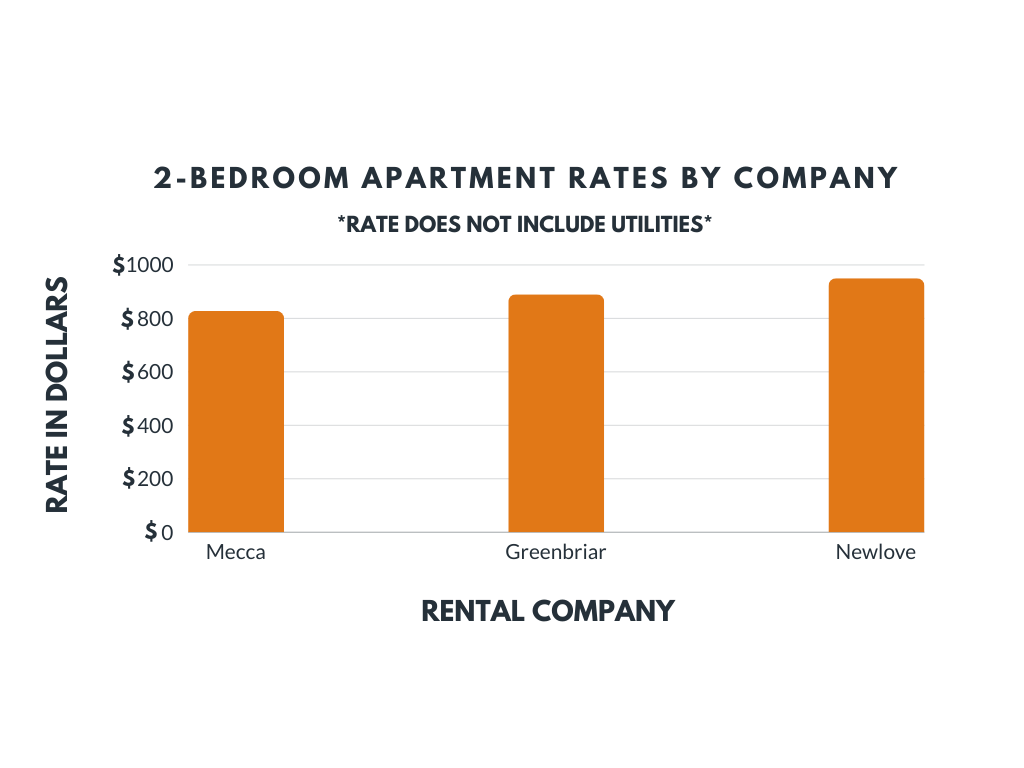Students looking to cut down on food costs could be able to survive on $4 a meal, if a food replacement product called Soylent can live up to its claims.
Named jokingly after Soylent Green, a mysterious food in a science fiction movie of the same name that turns out to be made of human flesh, Soylent doesn’t have the same grisly origin. The shake-like drink is composed mainly of oat flour, rice protein, omega 3 fatty acids and, yes, even some soy.
It also contains all of the nutrients essential to a healthy diet, which is why Soylent markets itself as an alternative to eating solid food.
The inventor of Soylent is software engineer Rob Rhinehart. He created Soylent while trying to develop a software program because he needed a cheap, convenient way to eat that still provided all the necessary nutrients.
Efficiency became key for Rhinehart as he realized it wasn’t the food he needed to survive, but what the food contained.
“You need amino acids and lipids, not milk itself. You need carbohydrates, not bread,” said Rhinehart, as quoted in The New Yorker.
Staci Freeworth, an instructor in the University dietetics program, said people can certainly survive on Soylent, which provides the recommended 2,000 calories a day. It also contains the right distribution of macronutrients, such as carbohydrates, proteins and fats.
However, Freeworth said just because someone can survive on Soylent, doesn’t mean they should.
“Food isn’t only fuel,” she said. “Food preparation and consumption, and just the act of eating, are woven into our culture. Because we’re taking those things away, I don’t think [Soylent] can be sustainable.”
Soylent is sold as a powder that simply needs to be mixed with water to become a beige drink with a grainy consistency. Freeworth said she has tried Soylent and is “not a huge fan.”
“The aesthetic appeal of it is not great,” she said, referring to the bland taste and “chalky” texture. “It’s just not very satisfying.”
Rhinehart, on the other hand, finds the blandness of Soylent to be an upside.
“I think the best technology is the one that disappears,” he said to The New Yorker. “Water doesn’t have a lot of taste or flavor, and it’s the world’s most popular beverage.”
For $85, customers can purchase a one week supply of Soylent from the company’s website, soylent.me.
For those who prefer the do-it-yourself approach, the recipe for Soylent is available publicly on their website. This offers people a way to save even more money or customize Soylent to their specific dietary needs.
At less than $4 a meal, Soylent claims to be a way to eat healthier for less, something that may appeal especially to college students. But should University students rush to replace their meal plan with Soylent?
Philip Welch, an assistant professor in the public health department with a doctorate in health education, said he would treat Soylent with caution.
“If it sounds too good to be true, it probably is,” Welch said. “If they’re claiming this is all you need to live on … that goes against decades of research on the importance of a diverse diet.”
Welch said being too strict with one’s diet or eating one thing for too long can lead to immediate heart problems and electrolyte imbalance.
Freeworth also cautioned against eating one thing every day.
With a limited diet “you’re really missing out of the nutrient breadth or variety of fibers and vitamins and minerals and probiotics,” she said.
Welch said Soylent is lacking in the substantial data that supports diet recommendations like MyPlate, a resource created by the United States Department of Agriculture.
“I’d like to see the evidence and research that would support their claim,” Welch said.
Welch simplified his advice into three main points: “If it sounds too good to be true it probably is, I’d like to see the evidence and … proceed with caution.”
If students want to have a nutritious, inexpensive diet, Freeworth said this can be achieved without resorting to products like Soylent.
“It takes a little bit of planning and a little bit of education,” Freeworth said, but it is possible as long as people are willing to take the time for it.
In addition, Soylent and products like it may not be the best way to receive nutrients.
“You run the risk of having deficiencies or excesses of any nutrient when you’re depending on a very structured boxed product like this. If you overconsume or underconsume, you’re at risk either way,” Freeworth said.
Other meal replacements products like protein bars and breakfast shakes are filled with processed fats and sugars, which makes them poor substitutes for a meal. Freeworth said the best course of action is to just be conscious of one’s diet.
“If we have a varied diet and we’re making healthy choices, we’re probably meeting our nutrient goals most of the time,” she said.























